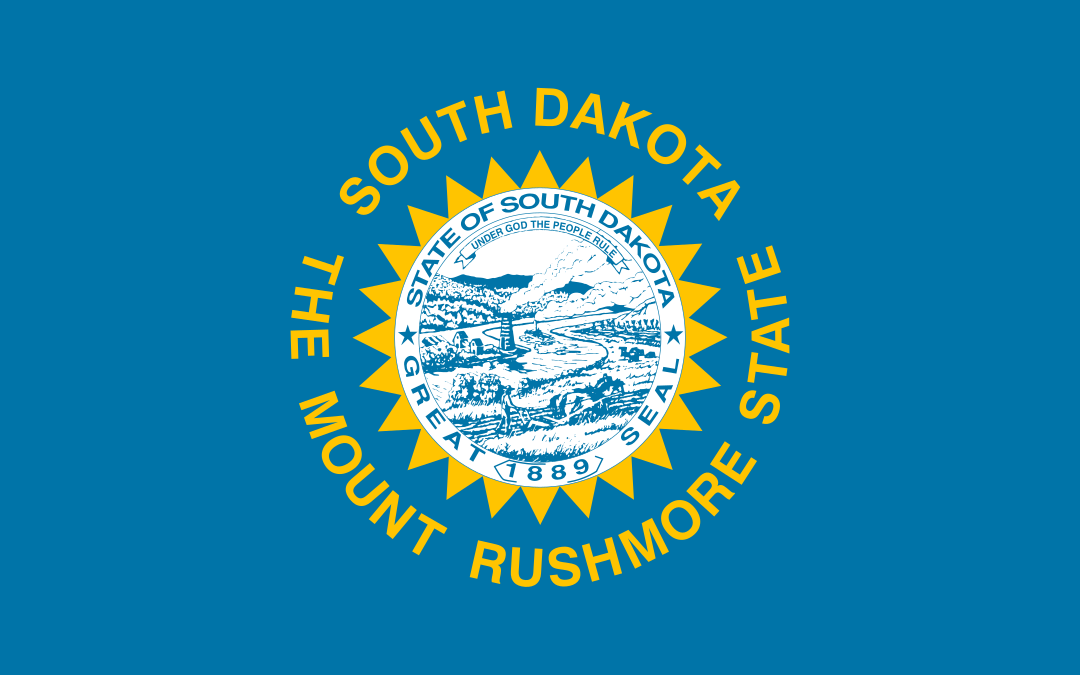Voters in three South Dakota counties will decide on June 4 whether to prohibit the use of automatic tabulating machines to count votes and require the hand-counting of ballots.
In South Dakota, paper ballots are used in elections, and automatic tabulating machines or systems are permitted to count the paper ballots.
South Dakota Canvassing organized the efforts to place the three initiatives on the June 4 ballot, while also circulating petitions in other counties across the state. To place an initiative on a local ballot in South Dakota, signatures from 5% of registered voters in the jurisdiction are required.
Out of the 66 counties in South Dakota, petitions to ban vote tabulating systems are circulating in 34 counties. Petitions were rejected in four counties—Butte, Lawrence, McCook, and McPherson—where some county officials cited legal problems with the petition language. One county, Fall River County, will hand-count ballots during the primary election.
South Dakota Canvassing cited election security as a reason for supporting the hand counting of ballots. The organization said, “When considering who to vote for in the upcoming June 4, 2024 primary election, those willing to speak out publicly on election security are some of the bravest in the field. Many are afraid of tackling this issue.”
Spink County Auditor Theresa Hodges said, “Hand counting has its place. For small municipal and school elections, with generally one to two contests on their ballots, it is doable and the most responsible decision fiscally for those entities. For larger elections with multiple contests, hand counting leaves too much room for human error and is not the most efficient way to tabulate results.”
Minnehaha County Auditor Leah Anderson supported the hand-counting of ballots, saying, “If done properly with a good system in place and training ahead of time, (hand counting) can definitely be effective and efficient, especially in smaller counties. In Minnehaha County, we would need a larger volume of volunteers with equal party representation to make it happen effectively and efficiently.”
Former Secretary of State Chris Nelson (R) said that relying on hand-counting would mean an increase in errors. He said, “I lived through hand counting. You had election workers who would be at the polling place at 6 in the morning, they would work until the polls closed at 7 at night, and then they would begin counting ballots by hand … You've got these folks working until 2 or 3 in the morning, trying desperately to accurately count ballots, and the accuracy just falls away. It's not there.”
The South Dakota primary election is on June 4.



